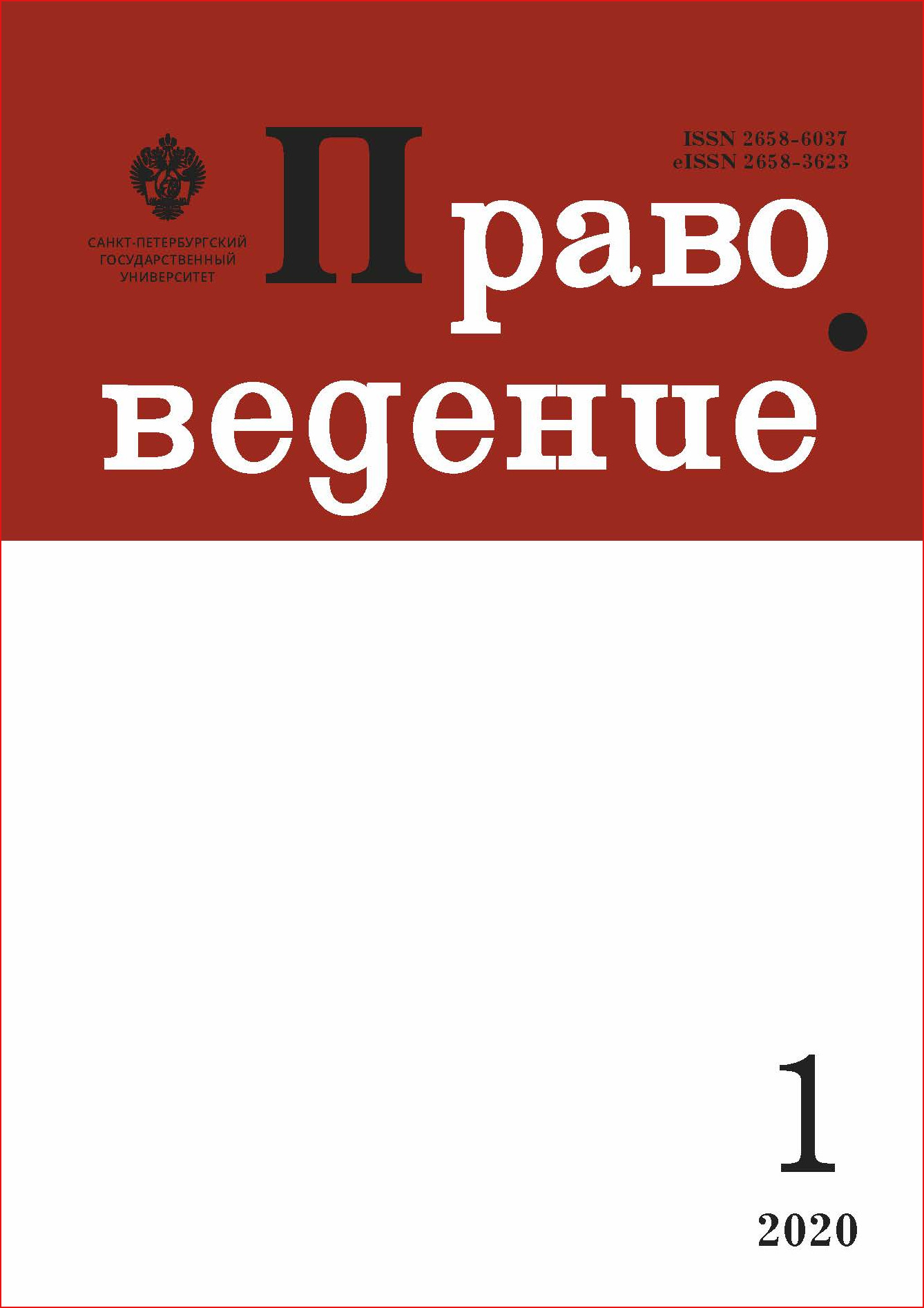UNESCO, Intangible Cultural Heritage and the market: Controversies and stumbling blocks
DOI:
https://doi.org/10.21638/spbu25.2020.107Abstract
This article considers the relationship between Intangible Cultural Heritage (ICH) and the market in the backdrop of the reorientation of UNESCO’s priorities regarding sustainable development. Based on ethnographic observations of the meetings of the governing bodies of the Convention for the safeguarding of intangible cultural heritage, this work analyses the controversies generated by “risks of over-commercialization” of ICH among actors with normative agency for designing “good” heritage governance. While the need to reconcile market and heritage is officially acknowledged, the inclusion of a particular commercial practice on the UNESCO ICH lists is qualified by many actors as “traumatic”. The debate spurred within the governing bodies of the Convention by the drafting of these documents sheds light on the controversial perception of the relationship between the market and ICH. In considering the idea of “commercialization without over-commercialization” suggested by actors to resolve the tension between heritage and market, this work highlights a constitutive ambiguity of the Convention. Based on the ideas of “misappropriation” and “decontextualization”, this concept is part of the logic of intellectual property. The Convention, however, was explicitly designed within an alternative paradigm emphasizing cultural dynamisms and shared belonging. While heritage entrepreneurs on the ground shift from one regime to the other making a pragmatic and strategic use of legal frameworks based on fundamentally different logics, this inconsistency generates normative conundrums among the actors involved with the official bodies of the Convention, torn between a proprietary and a heritage regime and their different moral economies. In the framework of the Convention, the principle of “commercialization without over-commercialization” embodies therefore a fragile compromise reflecting the tension between different regimes regulating traditional culture.
Keywords:
UNESCO, Convention for the Safeguarding of the Intangible Cultural Heritage, commercialization, moral economies, heritage regimes, market, sustainable development
Downloads
References
Downloads
Published
How to Cite
Issue
Section
License
Articles of "Pravovedenie" are open access distributed under the terms of the License Agreement with Saint Petersburg State University, which permits to the authors unrestricted distribution and self-archiving free of charge.




